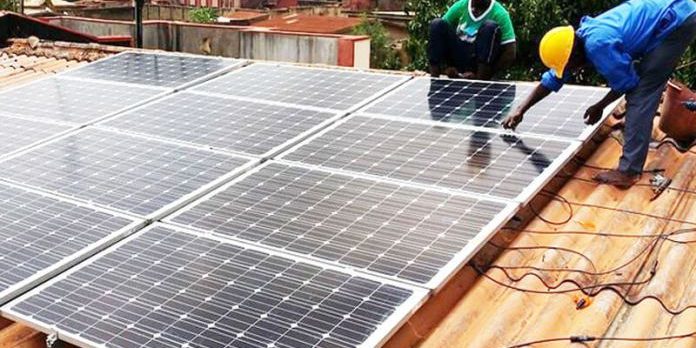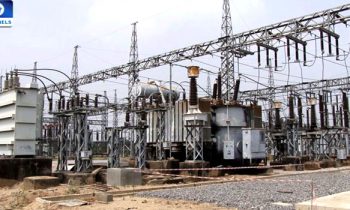
Olusola Bello
Nigeria’s off-grid solar market has witnessed strong growth and industry potential appears robust
Growing at CAGR of 22% over the past 5 years, the solar market in Nigeria has grown rapidly and emerged as one of the fastest growing in Africa. Growth has been supported by a combination of demand factors (inadequate and unreliable grid power supply, supportive govt. policies, growing adoption of clean energy sources) and supply factors (cost competitiveness of solar, increased investment into the solar, emergence of innovative business models)
However, solar remains underpenetrated with installed PV per capita of 1W (~200MW) compared to peer average of 8W indicating a significant opportunity for further growth. Nigeria’s installed PV capacity is likely to reach 5 – 8 GW by 2030 given key fundamentals that are in place.
Beyond electrification, Nigeria has realised several socio-economic benefits from increased solar deployment, and scaled deployment could unlock greater impact
Health:
Primary Health Centers (PHCs) with solar electricity witnessed 60-70% improvement in antenatal care coverage (ANC) and 40-60% reduction in vaccine waste. Electrifying 18k PHCs without regular power supply will increase Nigeria ANC from 50% to 60-70% and reduce vaccine wastage by 10-20%
Education:
Public boarding secondary schools with solar witnessed 2.3x increase in student study hours, and 30% increase in ICT teaching hours. Providing solar to 1.2k public boarding schools will increase average. student study hours from 8hrs/week to 18 hours/week and ICT teaching hours by 50-60% to 0.7hrs/week
Food security:
Farmers using solar powered cold storage witnessed up to 30% reduction in post-harvest loss (PHL) for perishable goods. Electrifying 600k farmers w/o cold storage facilities could reduce PHL for perishable from 60% to 40%, saving 4.4M tonnes of food – enough to feed 6.5M people annually
Environment:
500K households have adopted solar, leading to ~160k tons of CO2e avoided. Assuming solar penetration among households in Nigeria reaches peer average of ~30% by 2030, 5 million tonnes of CO2e can be avoided, reducing emissions from households by ~30%
Trade:
MSME’s in markets with solar witnessed ~20-40% increase in operating hrs. and reduction in fire incidents from generators; resulting in revenue uplift of 30-40%. Deploying solar to 15-20m MSME’s in markets w/o reliable grid power supply, could increase MSME income by $7-10bn (~40% of annual
Despite the socio-economic benefits associated with solar deployment, solar market potential remains constrained by several challenges
• Financial:
Limited low-cost financing for developers and consumers; difficulty in accessing and delays in disbursement of current concessional funds
• Commercial:
Lack of centralized demand aggregation to create scale for viable use cases; limited consumer awareness on benefits of solar products
• Operational:
Fragmented value chain; inadequate skilled human resources; complex importations process driving costs up; payment collection inefficiencies
• Enabling Environment
Insufficient enforcement of quality standards resulting in influx of low-quality products in the market To address these challenges, targeted interventions have been identified and structured into 4 pillars
• Access to finance enablement:
Develop solar developer focused financing programs; create one-stop shop to support developers around access to funding issues in current programs; refine funding processes of existing programs to improve ease access; and, channel consumer debt financing
• Institutional strengthening & capacity development
Develop and provide standardized training programs focused on key skills required across the value chain; improve efficiency during payment collections by creating partnerships with existing agent networks; develop payment platforms; simplify importation process
• Customer awareness & acquisition
Launch awareness campaign on benefits of solar and how to identify quality solar systems; Create a mechanism to aggregate demand from various customer segments to create scale, hence reducing acquisition cost of solar products.
Technical and regulatory reforms:
Introduce fiscal incentives to attract investment into the sector; enforce quality standards and ensure stricter monitoring of quality solar products; and introduce regulations to drive solar PV demand Implementing these interventions could accelerate solar deployment in Nigeria significantly thereby unleashing additional socioeconomic benefits for the country




